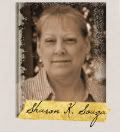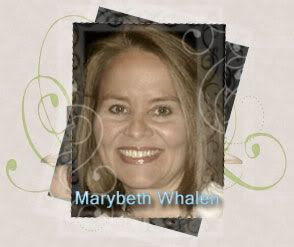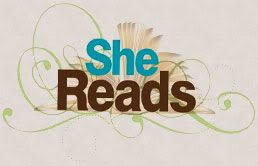

Congratulations to William & Kate on a beautiful wedding! Best wishes & God bless your marriage.
Sharon, thanks for that great link you posted on Wednesday for the ten mistakes writers don’t see. I’ve read a few of the books that were quoted and the author put names to the things that were vague or just didn’t settle well when I read them. Smart guy.
I would say that there are a few basic questions that need answering before a writer invests a lot of time line editing a manuscript. To begin, put the manuscript away. Let it cool off. A really long time. Resist the urge to peek. When so much time has passed that you hardly recognize it, take the manuscript to a neutral setting and read it through all at once. As you read, consider these questions:
- Does the story begin in the right place? Back story has no place at the front. If the action begins too quickly, we may not know enough about the protagonist to care what is happening. Is there a good hook in the opening?
- Are there too many characters? Does the reader have trouble keeping them straight? Are some characters too similar? Are any clichéd?
- Did you use the best POV? Just to make sure, write a chapter from another character’s viewpoint. Is it an improvement? Does it add an interesting dimension to the story?
- Is the setting real? Readers need to be grounded in the setting, both in the story overall and in each scene. Will readers ask if it’s a real place?
- Is the story feasible or contrived? Is the story based on coincidence? Unless it’s a story about coincidence, it won’t have credibility. Does the hero/heroine solve the issue on his/her own or are they rescued?
When you’re certain these five questions have been answered, start work on the micro corrections like grammar, punctuation, spelling and word choice. When it is so polished that you can see your reflection in it (gosh, I look older – how long ago did this whole process begin?) put it away AGAIN. Let it cool.
Now it’s time for the last read-through. This time, you’re looking for any passage, sentence or word that causes you to stumble, even in your head voice. It could be an awkward sentence or an unfamiliar word or one that paints a dissonant word picture. Be dispassionate. Be ruthless. If something causes your reader to stop and consider, they may decide to put the book down and make tea. And making tea, they may realize they are hungry and get out a box of macaroni and cheese. And when they look for milk, they realize the carton has passed its expiration date and decide to make a grocery list. So they pull out the cookbook their daughter gave them and start perusing recipes so they can list ingredients on the grocery list, and – well, you get the picture. If you give a mouse a cookie… Don’t give the reader that cookie, or, er, whatever.
Eventually you have to stop editing and submit the manuscript. How do you know when it's time? Well, how about you?














 By sheer perfection of word choice and sentence structure the author conveys her absolute confidence to the reader.
By sheer perfection of word choice and sentence structure the author conveys her absolute confidence to the reader. 














